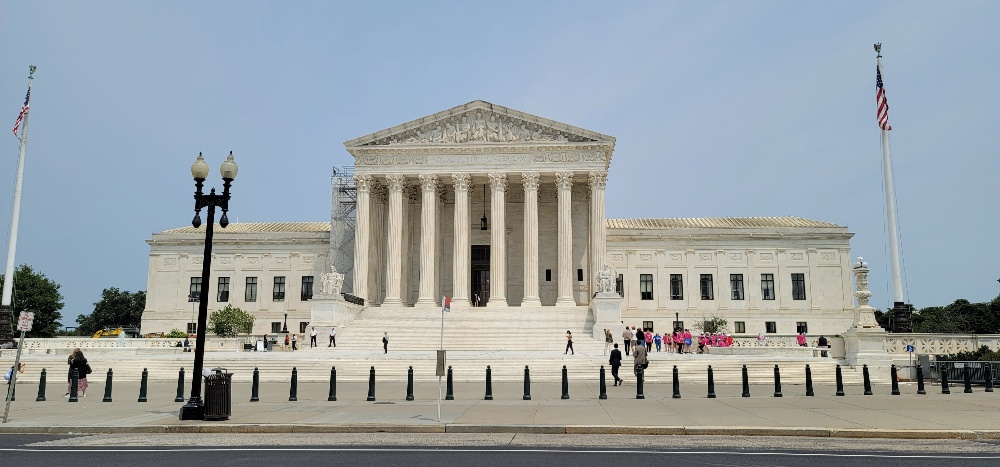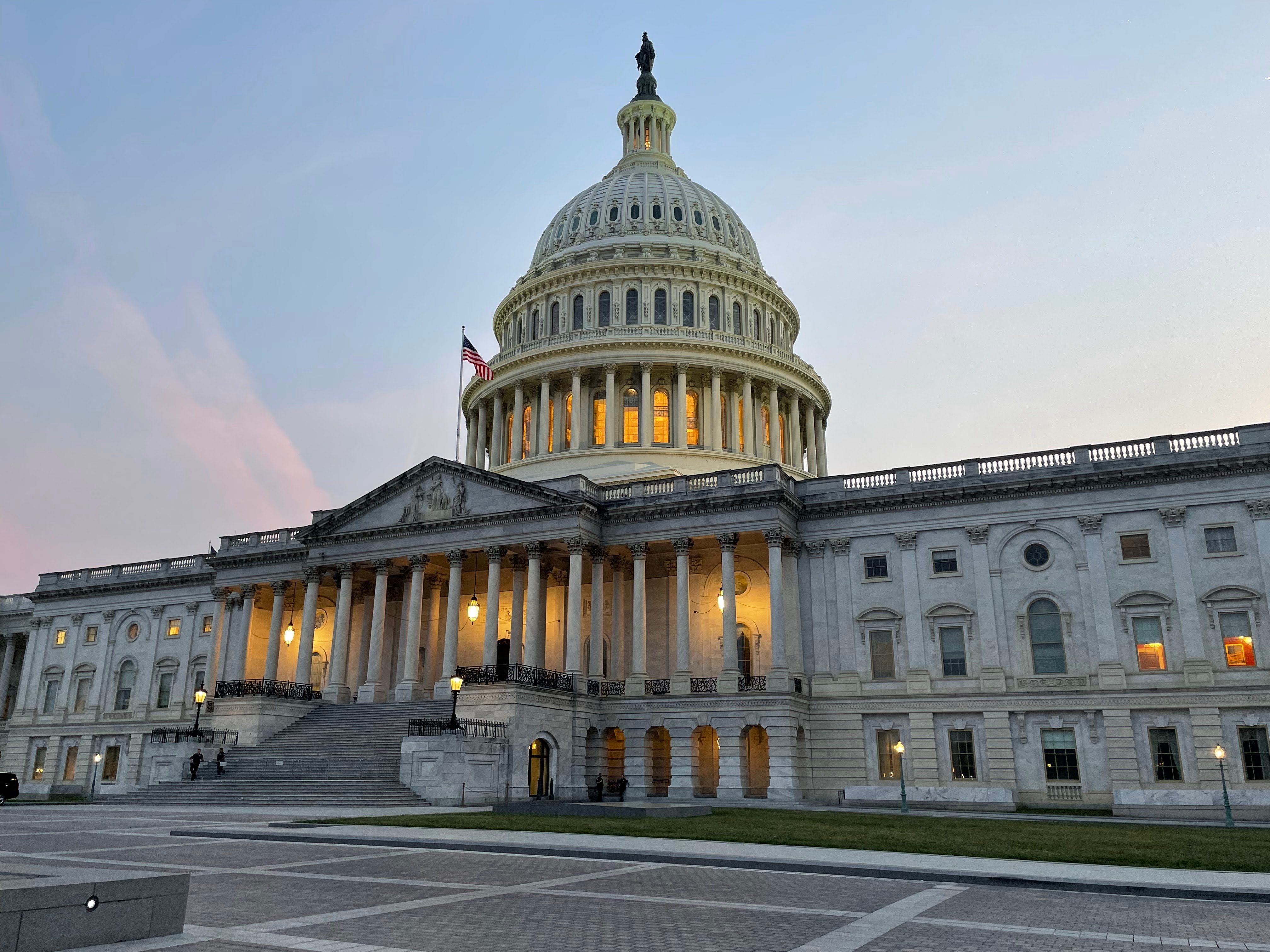On December 6, professional staff to Congress’ retirement savings committees released a draft of their proposed SECURE 2.0 technical corrections package. The committee staff are requesting input from stakeholders to be sure the proposed fixes work, and to provide one last opportunity to add any newly identified errors that need correcting.
Among the high-profile corrections contained in the draft proposal is one that would correct the error that raised the possibility that catch-up contributions would be eliminated in 2024. The error occurred when a paragraph of statutory language was inadvertently dropped from the bill voted on by Congress. That error would be corrected in the technical corrections bill.
Another provision fixes the contribution limit for starter 401(k)/403(b) plans—per the corrective provision, starter 401(k)/403(b) plans will have the same indexed contribution limit as IRAs. A typo in the original legislative language inadvertently set the limit lower, at 2022 levels.
According to one summary of the technical corrections legislation, there are fixes of errors that do not change the underlying intent (the definition of a “technical correction”) covering the small employer start-up credit, the saver’s credit match, the minimum required distribution age change, the higher catch-up contribution limit for taxpayers aged 60-63, student loan payments treated as elective deferrals for purposes of determining an employer’s matching contributions, part-time worker rules, SIMPLE and SEP Roth IRAs, special rules for certain distributions from long-term qualified tuition programs to Roth IRAs, the retirement savings lost and found provision, and the retiree health benefits in plans provision.
Because technical corrections may not change underlying policy in any way, enactment of them acts as if the corrected language had been in the original statutory language. Thus, effective dates remain as they were in the law as it was enacted.
Prospects: The retirement savings technical corrections package is bipartisan and bicameral. Lawmakers from both parties in both chambers plan to attach it to the first piece of legislation that can carry “extra” provisions considered by Congress. That will probably not happen before next year.
NAIFA Staff Contact: Jayne Fitzgerald – Director – Government Relations, at jfitzgerald@naifa.org.






.png?width=600&height=90&name=Support%20IFAPAC%20%20(600%20%C3%97%2090%20px).png)
